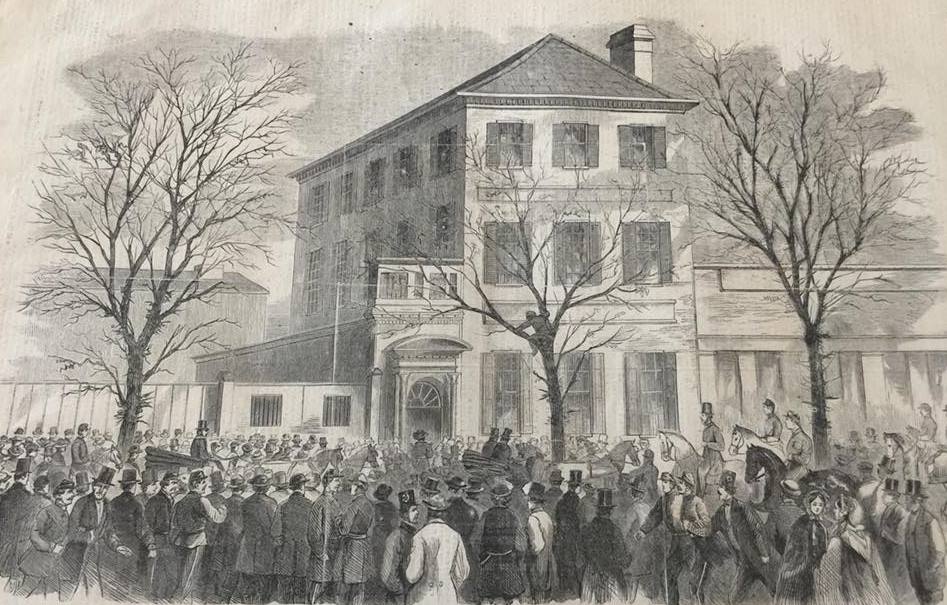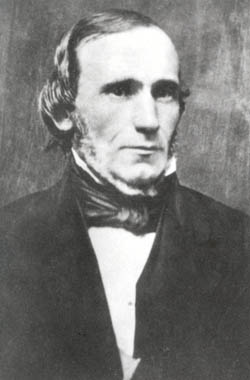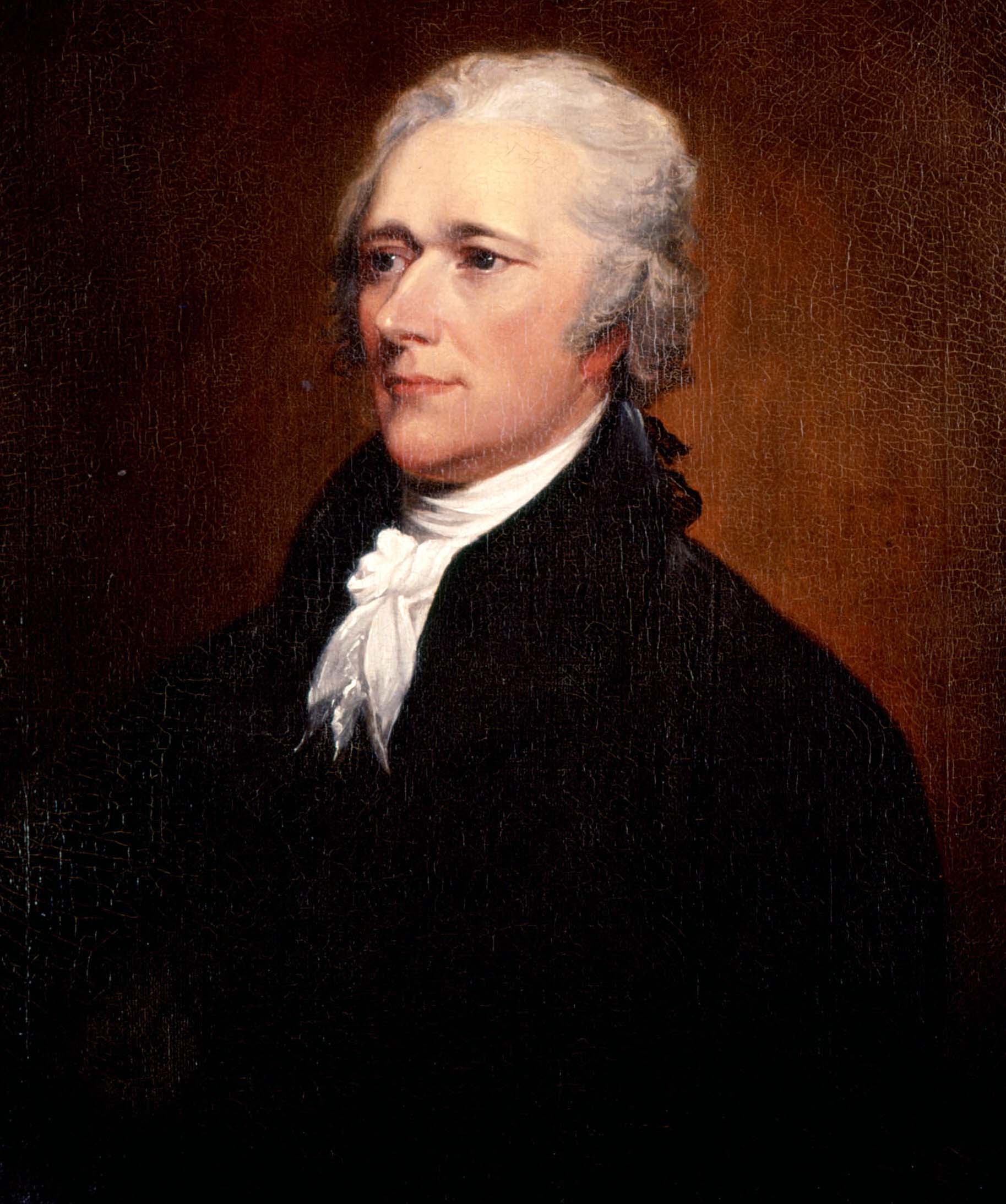|
Hugh S. Thompson
Hugh Smith Thompson (January 24, 1836November 20, 1904) was the 81st governor of South Carolina, from 1882 to 1886. Career as an educator Born in Charleston, Thompson graduated from the South Carolina Military Academy (now The Citadel) in 1856 and was an instructor at the Arsenal Academy from 1858 to 1861. Leading a battalion of Citadel cadets on January 9, 1861, they fired the first shots of the American Civil War when they opened fire on the Union ship ''Star of the West'' which was entering Charleston's harbor. For the remainder of the war, he served as an instructor of the cadets at the Citadel Academy. At the end of hostilities in 1865, Thompson became the principal of Columbia Male Academy until 1880. In 1876, he was nominated by the state Democrats for the position of Superintendent of Education which he won upon the resolution of the controversial gubernatorial election in the favor of Wade Hampton and the Democrats. He was reelected in 1878 and 1880 without opposit ... [...More Info...] [...Related Items...] OR: [Wikipedia] [Google] [Baidu] |
Governor Of South Carolina
The governor of South Carolina is the head of government of South Carolina. The governor is the '' ex officio'' commander-in-chief of the National Guard when not called into federal service. The governor's responsibilities include making yearly "State of the State" addresses to the South Carolina General Assembly, submitting an executive budget, and ensuring that state laws are enforced. The 117th and current governor of South Carolina is Henry McMaster, who is serving his first elected term. He assumed the office on January 24, 2017, after Nikki Haley resigned to become the United States ambassador to the United Nations. He won the 2018 gubernatorial election. Requirements to hold office There are three legal requirements set forth in Section 2 of Article IV of the South Carolina Constitution. (1) Be at least 30 years of age. (2) Citizen of the United States and a resident of South Carolina for 5 years preceding the day of election. The final requirement, (3) "No person ... [...More Info...] [...Related Items...] OR: [Wikipedia] [Google] [Baidu] |
Star Of The West
''Star of the West'' was an American merchant steamship that was launched in 1852 and scuttled by Confederate forces in 1863. In January 1861, the ship was hired by the government of the United States to transport military supplies and reinforcements to the U.S. military garrison of Fort Sumter. A battery on Morris Island, South Carolina handled by cadets from the South Carolina Military Academy (now The Citadel) fired upon the ship, considered by some scholars to have been effectively the first shots fired in the American Civil War. The ship was later captured by Confederate forces, then used for several purposes including as a hospital ship and a blockade runner, and finally scuttled in defense of Vicksburg in 1863. Prewar service ''Star of the West'' was a 1,172-ton steamship built by Jeremiah Simonson, of New York City for Cornelius Vanderbilt, and launched on June 17, 1852. Its length was and its beam , with wooden hullside paddle wheels and two masts. She started service ... [...More Info...] [...Related Items...] OR: [Wikipedia] [Google] [Baidu] |
Benjamin Harrison
Benjamin Harrison (August 20, 1833March 13, 1901) was an American lawyer and politician who served as the 23rd president of the United States from 1889 to 1893. He was a member of the Harrison family of Virginia–a grandson of the ninth president, William Henry Harrison, and a great-grandson of Benjamin Harrison V, a founding father. Harrison was born on a farm by the Ohio River and graduated from Miami University in Oxford, Ohio. After moving to Indianapolis, he established himself as a prominent local attorney, Presbyterian church leader, and politician in Indiana. During the American Civil War, he served in the Union Army as a colonel, and was confirmed by the U.S. Senate as a brevet brigadier general of volunteers in 1865. Harrison unsuccessfully ran for governor of Indiana in 1876. The Indiana General Assembly elected Harrison to a six-year term in the Senate, where he served from 1881 to 1887. A Republican, Harrison was elected to the presidency in 1888, def ... [...More Info...] [...Related Items...] OR: [Wikipedia] [Google] [Baidu] |
United States Civil Service Commission
The United States Civil Service Commission was a government agency of the federal government of the United States and was created to select employees of federal government on merit rather than relationships. In 1979, it was dissolved as part of the Civil Service Reform Act of 1978; the Office of Personnel Management and the Merit Systems Protection Board are the successor agencies. History On March 3, 1871, President Ulysses S. Grant signed into law the first U.S. civil service reform legislation, which had been passed by Congress. The act created the United States Civil Service Commission, that was implemented by President Grant and funded for two years by Congress lasting until 1874. However, Congress which relied heavily on patronage, especially the Senate, did not renew funding of the Civil Service Commission.Brands (2012), pp. 543-544 President Grant's successor, President Rutherford B. Hayes requested a renewal of funding but none was granted. President Hayes' successor, ... [...More Info...] [...Related Items...] OR: [Wikipedia] [Google] [Baidu] |
United States Secretary Of The Treasury
The United States secretary of the treasury is the head of the United States Department of the Treasury, and is the chief financial officer of the federal government of the United States. The secretary of the treasury serves as the principal advisor to the president of the United States on all matters pertaining to economic and fiscal policy. The secretary is a statutory member of the Cabinet of the United States, and is fifth in the United States presidential line of succession, presidential line of succession. Under the Appointments Clause of the United States Constitution, the officeholder is nominated by the president of the United States, and, following a confirmation hearing before the United States Senate Committee on Finance, Senate Committee on Finance, is confirmed by the United States Senate. The United States Secretary of State, secretary of state, the secretary of the treasury, the United States Secretary of Defense, secretary of defense, and the United States Att ... [...More Info...] [...Related Items...] OR: [Wikipedia] [Google] [Baidu] |
Grover Cleveland
Stephen Grover Cleveland (March 18, 1837June 24, 1908) was an American lawyer and politician who served as the 22nd and 24th president of the United States from 1885 to 1889 and from 1893 to 1897. Cleveland is the only president in American history to serve two non-consecutive terms in office. He won the popular vote for three presidential elections—in 1884, 1888, and 1892—and was one of two Democrats (followed by Woodrow Wilson in 1912) to be elected president during the era of Republican presidential domination dating from 1861 to 1933. In 1881, Cleveland was elected mayor of Buffalo, and in 1882, he was elected governor of New York. He was the leader of the pro-business Bourbon Democrats who opposed high tariffs, free silver, inflation, imperialism, and subsidies to business, farmers, or veterans. His crusade for political reform and fiscal conservatism made him an icon for American conservatives of the era. Cleveland won praise for his honesty, self-reliance, ... [...More Info...] [...Related Items...] OR: [Wikipedia] [Google] [Baidu] |
South Carolina Gubernatorial Election, 1884
The 1884 South Carolina gubernatorial election was held on November 4, 1884 to select the governor of the state of South Carolina. Governor Hugh Smith Thompson was renominated by the Democrats and was reelected for a second two-year term. Democratic Convention Governor Hugh Smith Thompson had made no enemies during his first term as governor and no opposition to his nomination developed at the state Democratic convention of 1884. Thompson was then renominated by acclamation to be the Democratic nominee for governor in the general election, effectively meaning that he would serve two more years since there was no opposition in the general election. General election The general election was held on November 4, 1884 and Hugh Smith Thompson was elected as governor of South Carolina without opposition. Turnout was less than the previous gubernatorial election because of the lack of opposition in the general election. , - , , colspan=5 , Democratic hold , - See also *Go ... [...More Info...] [...Related Items...] OR: [Wikipedia] [Google] [Baidu] |
South Carolina Gubernatorial Election, 1882
The 1882 South Carolina gubernatorial election was held on November 7, 1882 to select the governor of the state of South Carolina. Hugh Smith Thompson was nominated by the Democrats and ran against J. Hendrix McLane, a Greenback-Labor candidate. Thompson easily won the general election and became the 81st governor of South Carolina. Democratic Convention Candidates * John Bratton, Comptroller General * John Kennedy, Lieutenant Governor * Hugh Smith Thompson, Superintendent of Education Declined * Johnson Hagood, incumbent Governor * Wade Hampton, former Governor * George D. Tillman, U.S. Representative Campaign Governor Johnson Hagood chose not to seek reelection in 1882 and two former generals in the Confederate Army emerged as the frontrunners, Lieutenant Governor John Kennedy and Comptroller General John Bratton. Both men were loyal followers of Wade Hampton, neither had supported Martin Witherspoon Gary, and both were dedicated Democrats. However, many in the state wa ... [...More Info...] [...Related Items...] OR: [Wikipedia] [Google] [Baidu] |
John Doby Kennedy
John Doby Kennedy (January 5, 1840 – April 14, 1896) was a general in the Confederate States Army during the American Civil War, as well as a post-war planter, attorney, politician, and the 57th Lieutenant Governor of South Carolina serving under Governor Johnson Hagood. Early life and career Kennedy was born in Camden, South Carolina. His father was an immigrant from Scotland who had settled in Kershaw County about 1830 and married a local woman. Kennedy served as a lieutenant in a Camden pre-war militia unit. He studied at South Carolina College from 1855–57. On October 28, 1857, he married Elizabeth Cunningham (1842–1876), and they eventually had 7 children. Kennedy read law under William Zachariah Leitner and was admitted to the bar in January 1861. However, South Carolina's secession and the subsequent outbreak of the Civil War delayed his plans to establish a law practice. Civil War Enlisting in the Confederate Army in April 1861, Kennedy became captain of Company ... [...More Info...] [...Related Items...] OR: [Wikipedia] [Google] [Baidu] |
John Bratton
John Bratton (March 7, 1831 – January 12, 1898) was a U.S. Representative from South Carolina, as well as a general in the Confederate States Army during the American Civil War. He rose from private to brigadier general and led a regiment and brigade in the Army of Northern Virginia in several important battles in both the Eastern Theater and Western Theater during the war. Early life and career Bratton was born in Winnsboro, South Carolina. He attended the Academy of Mount Zion Institute in Winnsboro and graduated from South Carolina College at Columbia in 1850 and from South Carolina Medical College at Charleston in 1853. While at South Carolina College, he was a member of the Euphradian Society. He practiced medicine in Winnsboro from 1853 to 1861. Bratton was also a successful planter, acquiring high valued real-estate and as many as seventy-five slaves by 1860.Eicher, p. 142. Civil War service John Bratton was one of only a few men who enlisted in the Confederate ... [...More Info...] [...Related Items...] OR: [Wikipedia] [Google] [Baidu] |
Dark Horse
A dark horse is a previously lesser-known person or thing that emerges to prominence in a situation, especially in a competition involving multiple rivals, or a contestant that on paper should be unlikely to succeed but yet still might. Origin The term began as horse racing parlance for a race horse that is unknown to gamblers and thus difficult to establish betting odds for. The first known mention of the concept is in Benjamin Disraeli's novel ''The Young Duke'' (1831). Disraeli's protagonist, the Duke of St. James, attends a horse race with a surprise finish: "A dark horse which had never been thought of, and which the careless St. James had never even observed in the list, rushed past the grandstand in sweeping triumph." Politics The concept has been used in political contexts in such countries as Iran, Philippines, Russia, Egypt, Finland, Canada, the United Kingdom, and the United States. Politically, the concept came to the United States in the nineteenth century when it ... [...More Info...] [...Related Items...] OR: [Wikipedia] [Google] [Baidu] |




